In today’s digital age, a forkful of spicy spaghetti ? shared on Instagram can lure more customers to your restaurant than a neon sign ever could. Embracing digital marketing for your restaurant isn’t just about maintaining an online presence—it’s a strategic move to attract diners, build a loyal customer base, and boost sales. It’s a feast of opportunities where every strategy—from optimizing your website for search engines to managing online reviews—serves a unique flavor to the overall recipe for success.
The goals are simple yet impactful:
- Expand visibility to reach potential customers.
- Engage customers with enticing content.
- Turn online traffic into actual diners.
- Foster customer loyalty and encourage repeat visits.
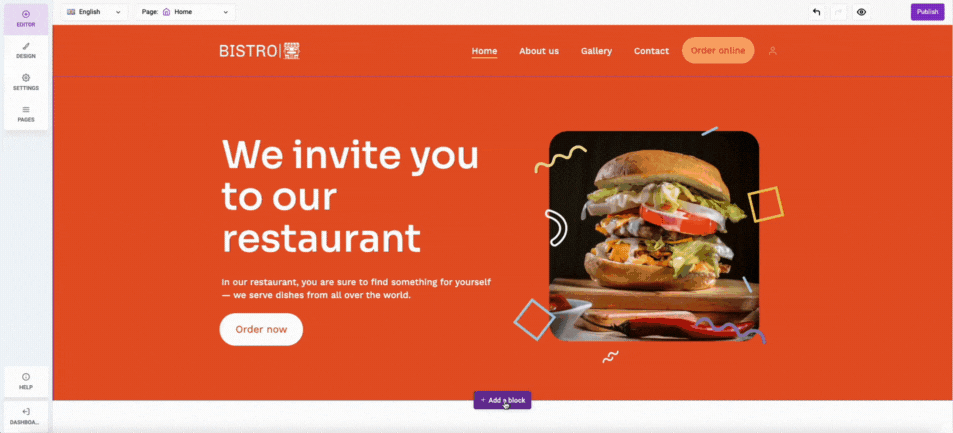
By leveraging powerful tools like Plerdy, you can scrutinize your website’s restaurant performance, analyze user behavior, and keep refining your digital strategy to perfection. Step into the digital marketing kitchen—it’s time to cook up a storm for your restaurant’s success! ?
Introduction to Digital Marketing for Restaurants
In an era where everything is shifting online, mastering digital marketing can be the difference between a thriving restaurant and one struggling to attract customers. Harnessing the power of the internet, digital marketing for restaurants offers a way to connect with customers, engage with them more effectively, and promote your culinary offerings to a wider audience. It involves everything from enhancing your online presence to developing robust social media campaigns—all to whet the appetites of potential customers and encourage them to visit your establishment.
Understanding Your Restaurant’s Online Presence
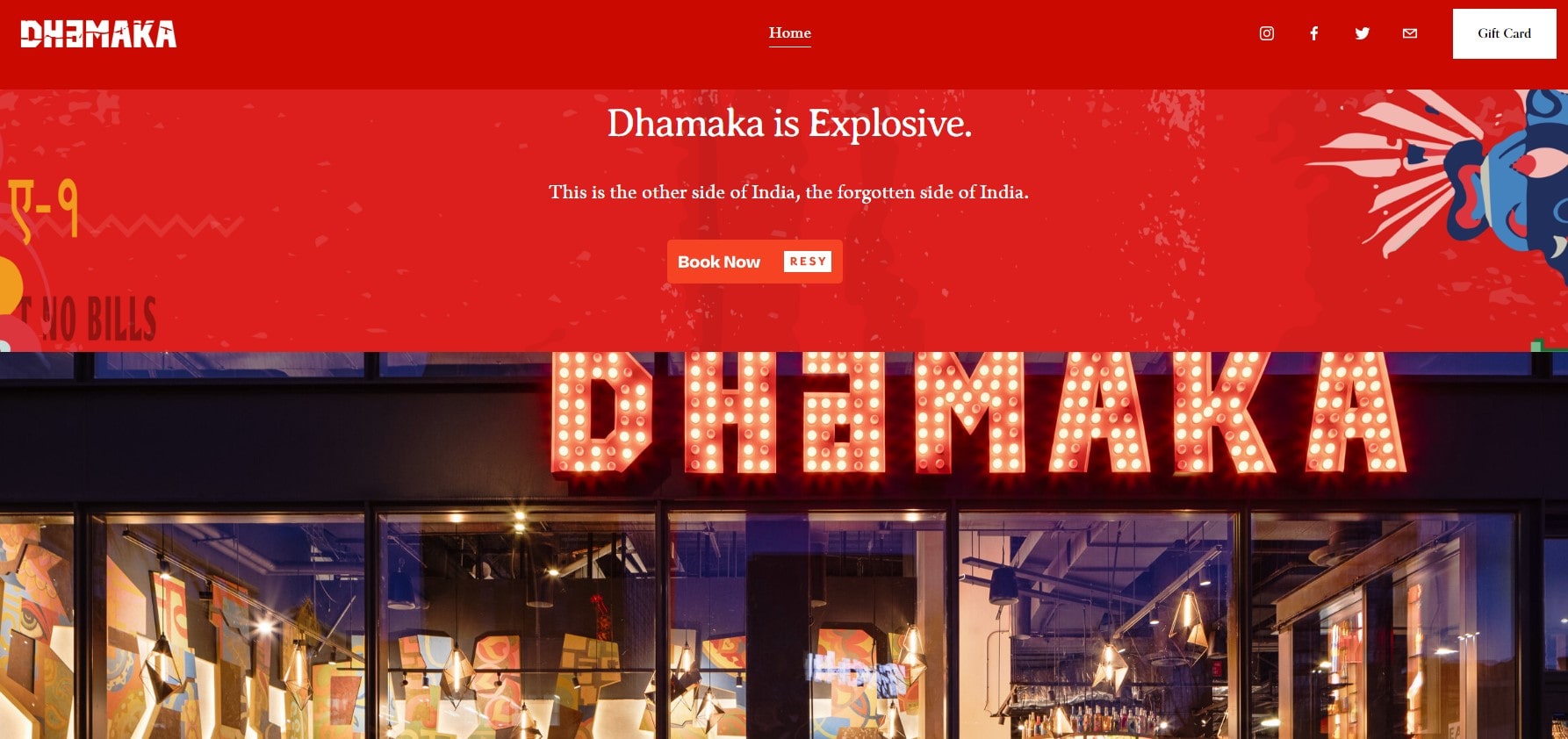
Grasping the significance of your restaurant’s digital footprint can be a revelation. This isn’t just about having a website or a social media page—it’s about the entire image of your restaurant as viewed through the digital lens. It’s the sum of all customer interactions with your restaurant online—visiting your website, reading a review, seeing an ad, or even spotting your restaurant tagged in a friend’s social media post.
Consider your restaurant’s online presence as its digital storefront. Just as you would pay close attention to the ambiance, cleanliness, and customer service at your physical location, the same amount of care should be given to how your restaurant is portrayed online. This includes the design and functionality of your website, the quality and frequency of your social media posts, and your online reputation as shaped by customer reviews and ratings.
A digital audit can help you understand the current state of your online presence:
- Examine your restaurant website’s design and content: Is it visually appealing, easy to navigate, and up-to-date with current information about your menu, operating hours, and location?
- Evaluate your social media platforms: Are you regularly engaging with your restaurant followers and offering enticing content that shows off your food and dining experience?
- Assess your online reputation: What are people saying about your restaurant on review sites, social media, and blog posts?
Developing a Digital Marketing Strategy for Your Restaurant
Crafting a digital marketing strategy for your restaurant is more manageable than it might sound. In fact, it’s an exciting opportunity to distinguish your restaurant from the competition and resonate with your customers. The first step is setting clear, measurable goals. These range from increasing website traffic and boosting social media engagement to improving online reviews and expanding your email list.
Next, identify your restaurant’s target audience. Who are the customers you’re trying to reach? Busy professionals looking for a quick lunch? Are couples seeking a romantic dinner spot? Families who appreciate a kid-friendly menu? Knowing your audience will help you tailor your digital marketing efforts to their preferences and behaviors.
Equally crucial is defining your unique value proposition. This is what sets you apart from other restaurants. It could be your locally sourced ingredients, award-winning wine list, innovative fusion menu, or live music nights. Whatever it is, make sure it shines through all your digital marketing efforts.
Finally, combine these elements in a comprehensive plan encompassing SEO, social media marketing, email marketing, and online reputation management. Consider the best ways to reach your audience—are they avid Instagram users or prefer reading in-depth blogs? Monitor your strategies and adjust as needed to ensure your digital marketing efforts effectively draw customers to your restaurant.
Website and SEO for Restaurants
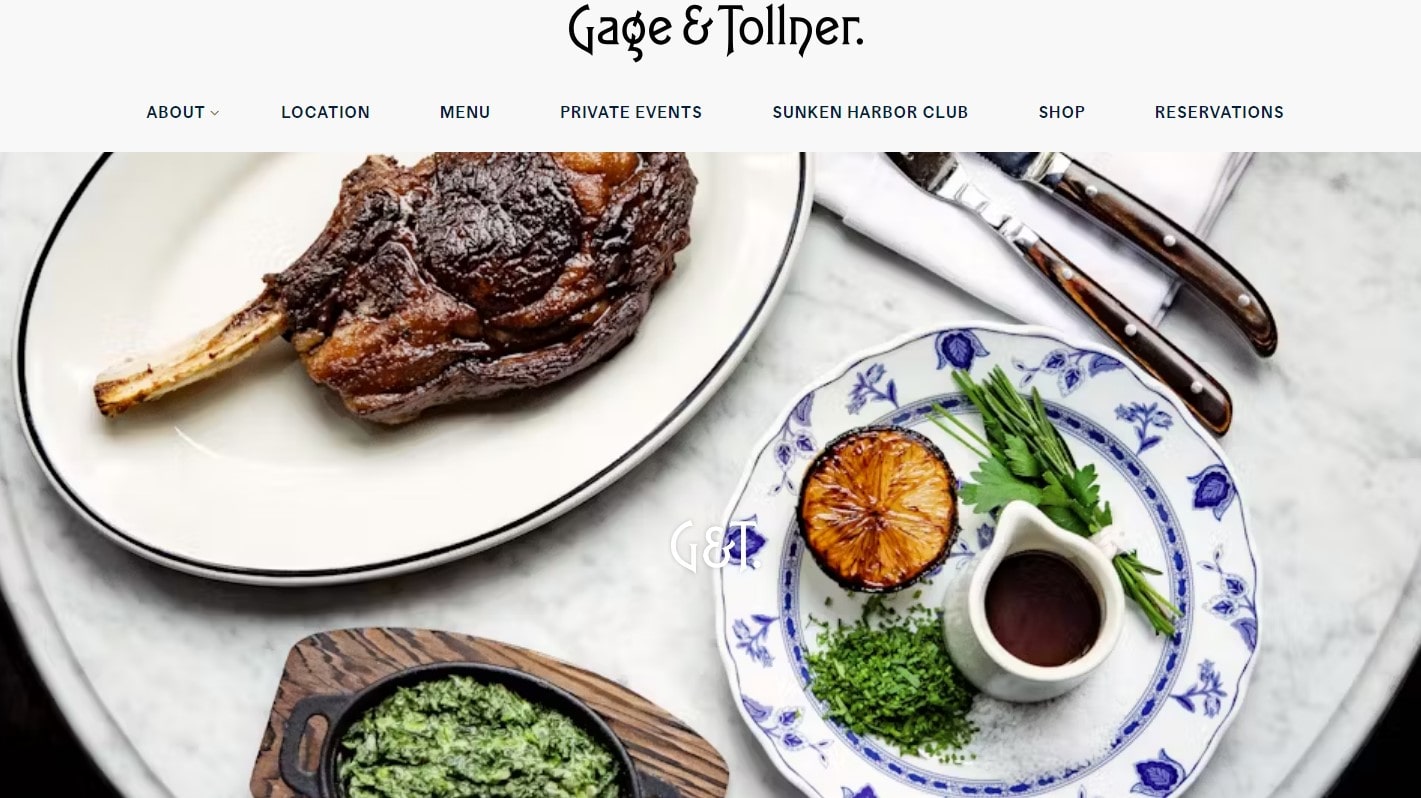
Launching into the digital marketing landscape begins with a solid foundation—a well-designed, mobile-friendly website. This platform should embody your restaurant’s brand, showcasing the ambiance, food, and experiences that await customers at your establishment.
Your restaurant website needs to grab the viewer’s attention, offering enticing images of your culinary creations, comprehensive and easily navigable menus, and essential details—location, hours, and reservation information—readily accessible. All these elements combined create a compelling invitation for site visitors to enter your doors.
Moving past the initial design, optimizing your website for Google—otherwise known as SEO—is paramount. If a prospective diner types “best Italian restaurant” or “cozy brunch spot” into Google, you want your website to appear on the first results page. SEO tactics help achieve this by ensuring your website’s content aligns with what your target customers are searching for.
Here’s how you can strengthen your SEO for your restaurant:
- Use keyword-rich content: Integrate relevant keywords, like “farm-to-table bistro,” “authentic Mexican dining,” or “rooftop bar,” naturally into your website’s content.
- Optimize page titles and meta descriptions: Each page on your restaurant website should have a unique title and meta description that includes your keywords.
- Develop a blog: Regularly updated, informative content can boost your search engine rankings and provide additional value for your restaurant customers.
Social Media Marketing for Restaurants
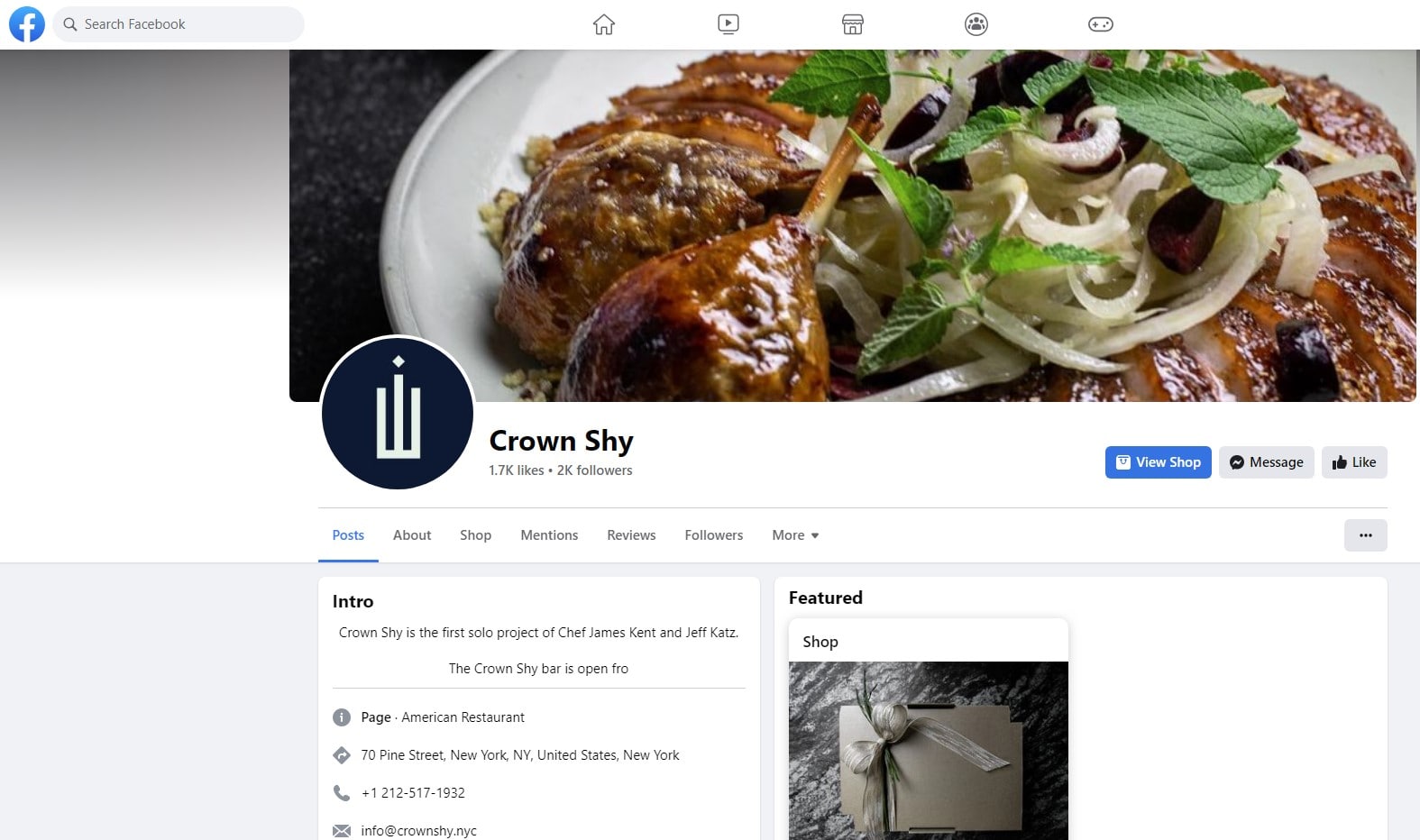
Harnessing the power of social media is a pivotal step in your digital marketing strategy. Platforms like Instagram, Facebook, and Twitter offer opportunities to engage directly with your customers, share compelling images of your dishes, and provide updates on special events or promotions.
Choose your platforms wisely based on where your target customers hang out online. With its emphasis on visual content, Instagram is ideal for showcasing mouthwatering images of your food. Conversely, Facebook offers broader functionality for sharing updates, restaurant event information, and integrating customer reviews.
As you build your social media presence, focus on creating engaging content that encourages interaction—likes, shares, comments—from your restaurant followers. For instance, feature behind-the-scenes footage from your kitchen, highlight your chef’s favorite dish or share glowing customer testimonials.
Paid advertisements and promotions on these platforms can also be highly effective. Boosted posts, targeted ads, and sponsored stories can help reach a broader audience and drive traffic to your social media profiles and website.
Email Marketing for Restaurants
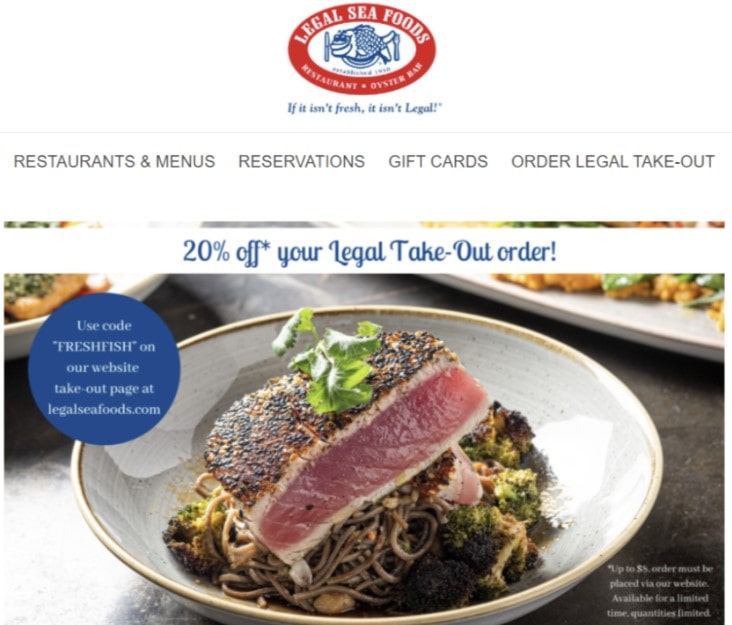
Email marketing may seem like a traditional approach amidst the flashy realm of social media and advanced SEO tactics, but its effectiveness must be recognized. It offers direct communication to your customers, allowing you to promote events, share special offers, and even showcase your latest menu additions.
Start by building an email list of customers genuinely interested in your restaurant. This can be done by offering website visitors an incentive—like a free appetizer or discount on their next visit—in exchange for their email address.
Once you have a list, crafting engaging email campaigns is the next step. Use enticing subject lines to ensure your emails are opened, rich content to captivate your reader’s interest, and clear calls to action to drive engagement.
Always monitor the performance of your emails, using metrics like open rate, click-through rate, and conversion rate, to gain insights into what’s working and where improvements can be made.
Ultimately, digital marketing for restaurants involves various strategies—website and SEO, social media, and email marketing—all aimed at winning the appetites and hearts of your customers. By understanding these components, you can create a powerful digital presence that drives more traffic to your restaurant and increases customer engagement.
Online Reputation and Review Management
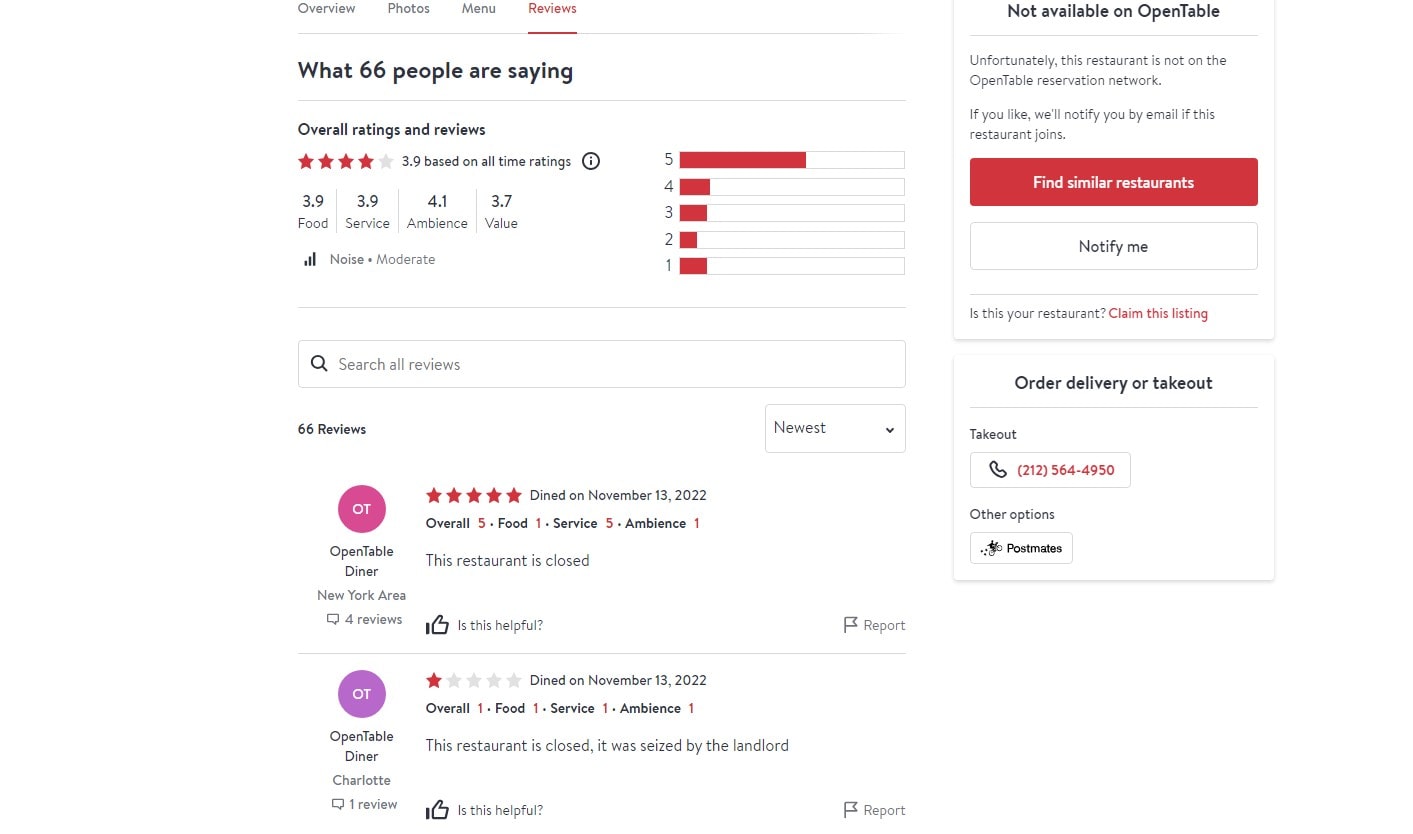
Maintaining a positive online reputation is as essential as the food you serve in the restaurant industry. A single online review can attract a wave of customers or deter potential diners indefinitely. Managing online reviews and proactively shaping your restaurant’s online reputation should be a priority as part of your digital marketing strategy.
Your approach to positive and negative restaurant reviews can significantly influence your online reputation. For positive reviews, expressing gratitude shows customers you value their feedback and business. It reinforces a positive impression and encourages loyalty.
Handling negative reviews, however, requires a balanced approach. Reacting defensively or ignoring the review completely can harm your reputation. Instead, acknowledge the feedback, apologize if necessary, and indicate steps you’re taking to resolve the issue. This shows that you value customer satisfaction and are committed to improving.
Another key aspect of reputation management is encouraging customer reviews. One way to do this is by integrating a review prompt in your email marketing communications or on customer receipts. This can boost the number of reviews, helping your restaurant maintain a strong and positive online presence.
Leveraging Food Delivery Platforms and Online Reservations
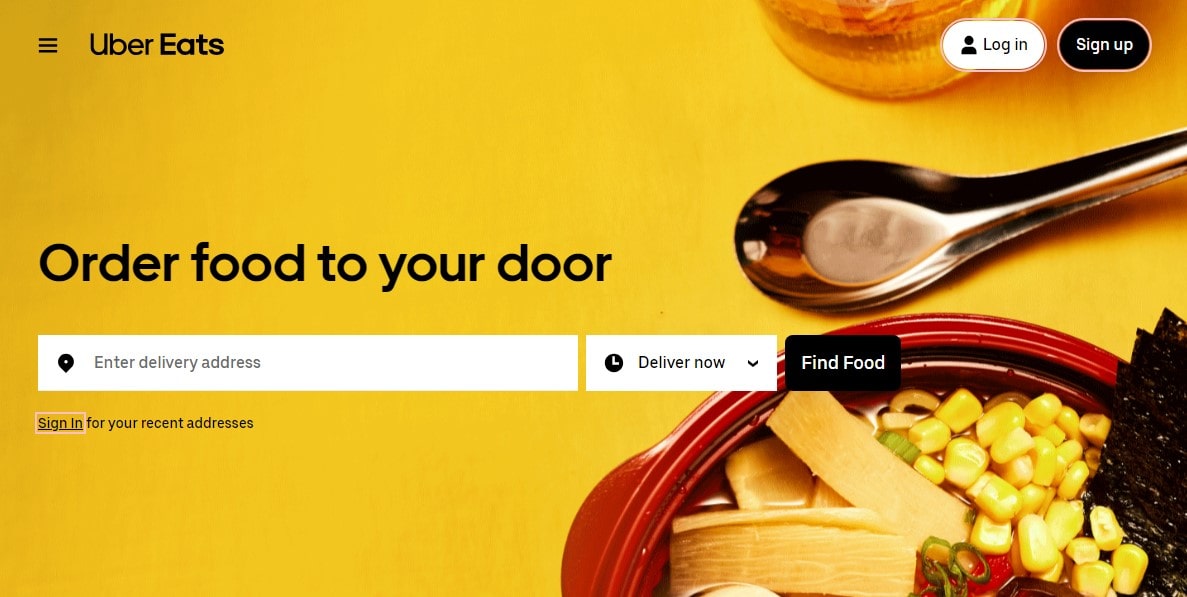
The modern dining landscape is evolving, with online food delivery and reservations becoming integral elements. Delivery platforms like Uber Eats or DoorDash extend your restaurant’s reach, allowing you to serve customers beyond your physical location. This boosts sales and helps attract a wider audience and improves visibility.
Similarly, online reservations have become the norm in the industry. OpenTable, Resy, or direct reservations through your website streamline the process for customers, allowing them to book a table with a few clicks. Integrating these platforms into your digital strategy enhances the customer experience and improves operational efficiency.
Measuring the Success of Your Digital Marketing Efforts
A digital marketing strategy is as good as the results it delivers. Measuring your efforts’ success is crucial to understanding what works and needs tweaking. Using tools like Google Analytics, Social Media Analytics, and Email Marketing Software can provide insightful metrics. However, leveraging a tool like Plerdy can be particularly beneficial for a more comprehensive approach.
Plerdy is a multifunctional SEO tool that offers a wide array of features:
- Heatmaps: These provide visual representations of where users click, move, or scroll on your restaurant website, helping to understand user behavior better.
- SEO checker: This feature analyzes your website’s SEO performance, helping you identify any issues or areas for improvement.
- Event tracking allows you to track user actions on your website, such as clicking a button or filling out a form.
With these features, Plerdy offers detailed insights into how customers interact with your website. It allows you to understand the effectiveness of your SEO efforts, identify any user experience issues, and track key metrics over time. With this data in hand, you can refine your digital marketing strategy, making necessary adjustments to drive better results.
Successful digital marketing strategies for restaurants involve building a strong online presence, engaging customers effectively, and continually measuring and refining your approach based on results. By effectively managing your online reputation, leveraging modern platforms for delivery and reservations, and closely monitoring your efforts, you can make the most of digital marketing and see tangible growth in your restaurant’s success.
Conclusions
Digital marketing for restaurants goes far beyond getting online orders—it’s an intricate strategy that influences every aspect of a restaurant’s operations, customer experiences, and brand story. ⚡
Here’s the great takeaway—effective digital marketing can make your restaurant sizzle with success. With the right strategies, you’ll toast to soaring revenues, increased footfall, and an ever-expanding customer base. Every minute spent crafting a well-thought-out digital strategy yields valuable returns.
Remember to make the most of food delivery platforms and online reservation systems—these are the main channels modern customers use to place orders and book tables. A well-handled negative review can turn a dissatisfied customer into a loyal patron.
Don’t forget about the power of email marketing! Personalized messages and exclusive discounts delivered straight to the customer’s inbox can inspire them to revisit your establishment or try out that special menu item.
Lastly, and perhaps most importantly, measuring the success of your efforts is crucial. Tools like Plerdy can help you assess your website’s UX and SEO performance, giving you a clear view of what works.
So here’s a toast ? to your restaurant’s digital marketing success. Embrace these strategies, put customer satisfaction at the heart of your efforts, and you’ll find your restaurant buzzing with happy, loyal patrons in no time.
Ready to turn up the heat on your restaurant’s digital marketing strategy? Get started with Plerdy today!
